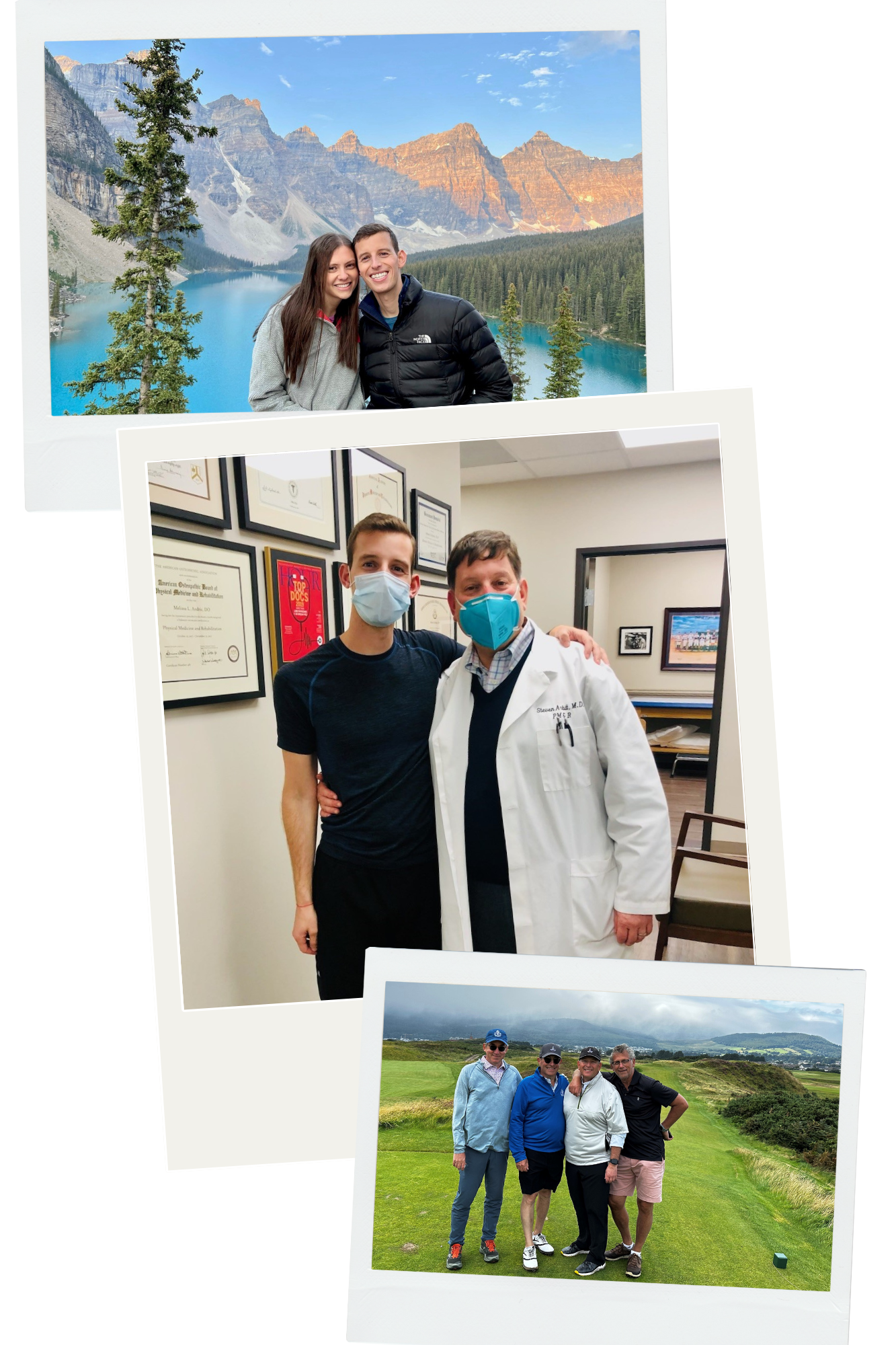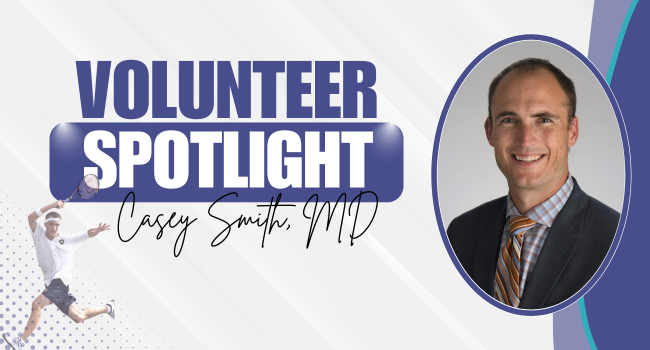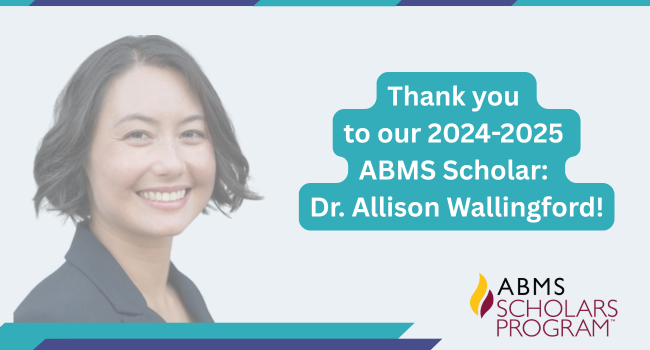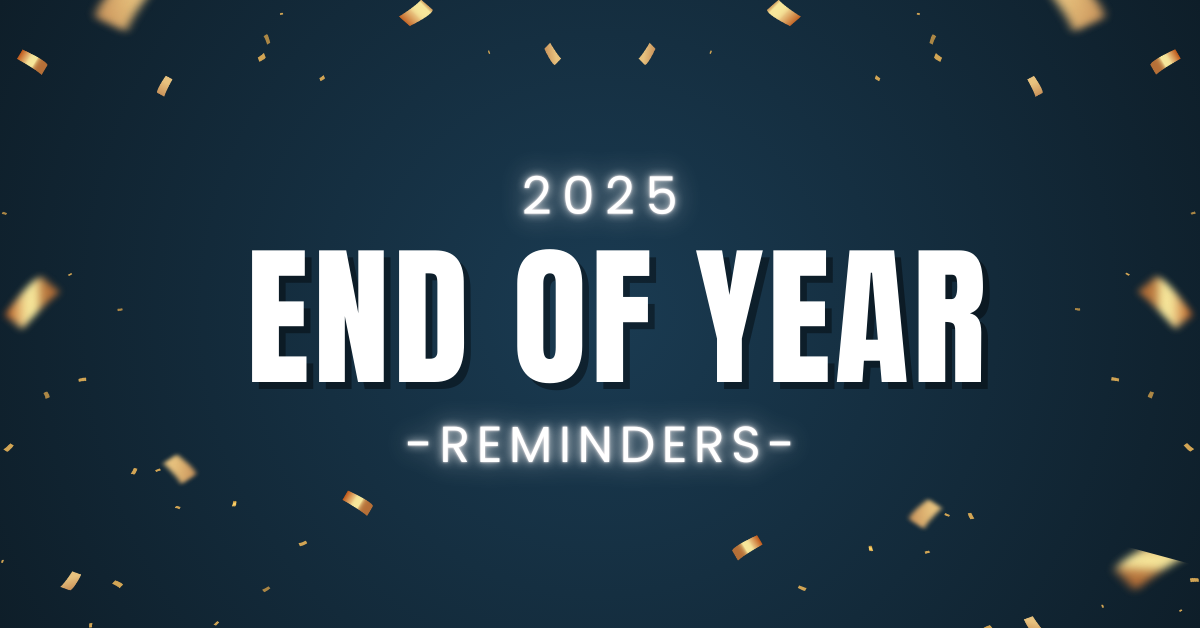Physician Features
Faces of Physiatry: Father/Son Edition
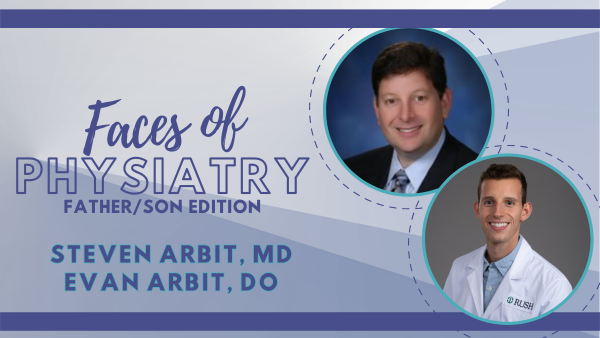
Dr. Steven Arbit, tell us about your background, where did you go to school?
I was born and raised in the Detroit area and attended Michigan State University for undergrad, and Wayne State University School of Medicine. I’ve been in private practice my entire career. At the end of residency one of my co-residents said “let’s start a practice together.” However, being right out of residency with a mortgage and a new baby I didn’t think it was the right time. We both took jobs elsewhere but by the end of the year we left those jobs and have been in private practice ever since. Our practice is Specialist in Rehabilitation Medicine; we have nine doctors, and our outpatient practice has three different locations.
How did you get into PM&R?
I first heard of PM&R though one of my friends, his father Joseph Honet, was one of the first four physiatrists in the Detroit area. I was exposed to it again in medical school. I wasn’t sure if I wanted to do internal medicine or PM&R, so I ended up doing two residencies, one in each specialty at Sinai Hospital in Detroit. It is now closed, and the residency program merged with the Rehab Institute of Michigan. It was a very strong training program, and the education was superior.
Your son is now following in your PM&R footsteps, was he always interested in it?
Growing up, my father was a podiatrist, and I was able to spend time with him at the hospital, and I always thought it was interesting and intriguing. Fast forward, I’m a physiatrist and have three sons who would spend time with me rounding at the hospital. My son Evan was the only one who showed interest in the field and spent the summers working in our office as a medical assistant. He really gravitated towards helping the patients. He told me he wanted to be a doctor, but he always said he wasn’t going into PM&R. He liked neurology and psychiatry, but after his own exploring he decided PM&R was a good fit for what he wanted to do.
How does it make you feel knowing your son chose PM&R on his own?
It’s really nice that Evan and I share this bond, we talk almost daily about our work, and I like hearing his thought process in terms of how he is thinking and what he is learning. Hopefully one day he will come and join our practice.
Do you see any major differences in PM&R from your time in residency to now?
Everything has changed. We used to do a lot of blind joint injections, but now everything is ultrasound guided. I’m involved in the resident education and their physical exam skills has degraded over the years as it's just not the focus anymore. Cognitive thinking is important, not just sending the patient for an MRI, because sometimes that doesn’t give you the answer. It is important to be able to do a very good history and a detailed physical examination, I harp on this constantly to my residents.
Why is board certification important to you?
I think it is an important tool for the safety of the public to know that when they see a physician who is board certified they’ve had a certain level of training, have been able to pass these exams and continue their education through LA-PM&R. I volunteer with the board as an oral examiner because it is important to me to ensure the new physicians are living up to a standard by making sure they have certain competencies. It's important for me to be involved, that’s why I volunteer with the ABPMR. I am also the president of the Michigan Academy of PM&R and the President of the AAPM&R Council of Presidents.
What do you enjoy doing outside of work?
I enjoy playing golf, tennis and travelling any chance I get. I’ve loved Japan, Thailand, Eastern Europe, and my time in Kenya. Last year my son had tickets to Wimbledon, any chance to travel with my kids and collect those experiences together is more important than collecting things.
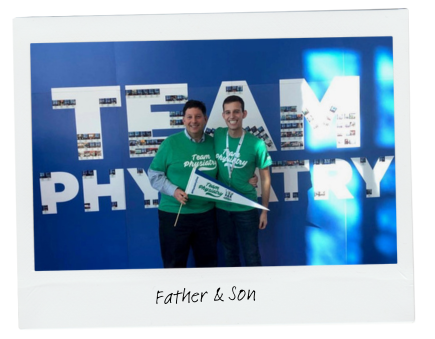
Dr. Evan Arbit, tell us about your background, where are you now?
I was born and raised in West Bloomfield, MI and went to Michigan State for undergrad followed by medical school at Michigan State College of Osteopathic Medicine. I am currently in my third year of residency at Rush University Medical Center in Chicago, IL.
Your dad is a PM&R physician. Did that impact your decision to go into the same field?
In medical school I enjoyed neurology, rheumatology, and a few other specialties, I thought I was going to be a psychiatrist or an emergency medicine physician at one point. However, I felt like PM&R encapsulated everything that I liked into one. It has been the best decision I’ve made.
Did your dad ever nudge you in that direction, or did he let you come to that decision on your own?
He was always there to support me and told me that I needed to figure out what I wanted to do on my own. However, once I chose PM&R as my specialty he was like “okay this is awesome.” My goal one day is to work alongside him. I’m not sure when that will be.
What is something that stands out to you, sharing the PM&R specialty with your dad?
I enjoy the little moments of being able to call him and talk about things that happened that day or get advice on how he would handle a situation or his thoughts. It’s not a confirmatory thing either, it’s more just seeing it through someone else’s eyes, someone with experience, and is a good sounding board.
Do you think there are any differences in things you are learning in your PM&R training now that differed from when your dad went through it years ago?
So much has changed in medicine since he graduated residency. I think there is more of a focus on ultrasound now, we seem to prioritize that. It’s something I think about if we were to work together one day, I would be bringing things I'm learning in residency combined with his experience - in this way there is a spectrum in how to manage and treat diseases or symptoms of illness.
What does board certification mean to you?
I think it is another step to becoming a fully-fledged physician, it’s just part of the process. You want to be a master in the material and the concepts, so it seems like that final stamp of approval.
Where do you see your career in 10-15 years?
I’m really interested in lifestyle medicine, it’s all about health and wellness and trying to optimize your quality of life, which I really think is such a broad overlap with PM&R. My goal is to blend PM&R and lifestyle medicine into an intensive lifestyle program that applies to our rehab patients. I used to teach group exercise and fitness classes, and I saw a lot of overlap in my goal of wanting people to reach optimal health and wellness. At the end of the day, that is my foundation, to optimize people, whether it’s from a functional standpoint or a health and wellness standpoint. They are just so synergetic. In my practice, I would like to be doing a variety of in-patient and out-patient rehabilitation, so I can get the best of both worlds.
Is that something you can do in your dad’s practice?
I think the goal would be to integrate it into his practice. I’m young, I have a lot of new ideas and we’ve had a few discussions. However, I don’t know when that would be. I would have to go through the interview process just like any other candidate. I’ve done the hard work, and I think adding the lifestyle subspecialty is how I would try to differentiate and market myself.
What do you enjoy doing in your free time?
Working out, trying the latest restaurants in Chicago. spending time with family and friends, watching horror movies, exploring and traveling.
Favorite place you’ve traveled to?
Barcelona was incredible.
